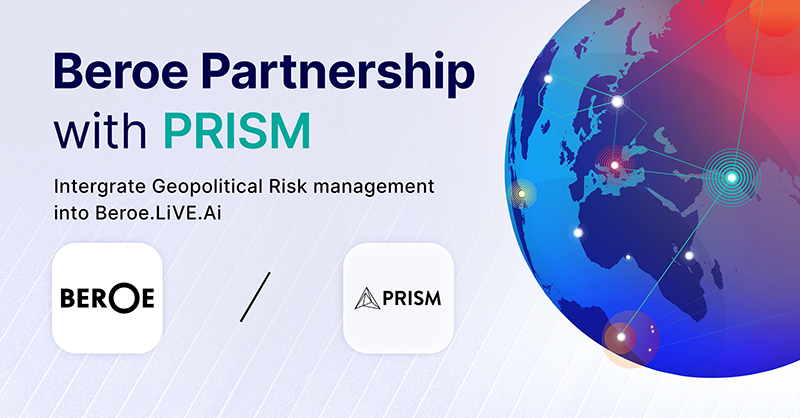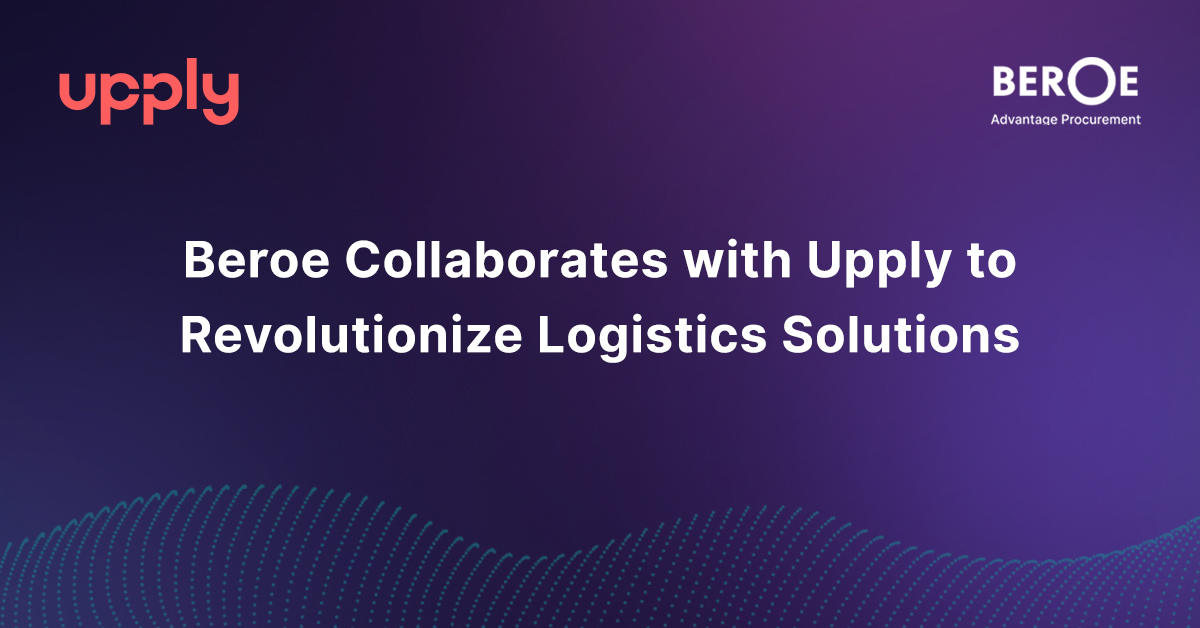Coronavirus Leads to Multi-fold Increase in API Demand: Beroe Analysis
Source: PR Newswire

RALEIGH, North Carolina, May 28, 2019 - The coronavirus pandemic has had a major impact on industries around the world, including Active Pharmaceutical Ingredients (API) and finished drug formulation.
Due to supply shortages for COVID drugs such as Hydroxychloroquine (HQQ), Paracetamol, and Acyclovir, there is a 1,000 – 2,000 fold increased demand across global regions, according to Beroe Inc, a procurement intelligence firm.
Regulatory bodies like the FDA have relaxed certain rules, to avoid supply crunches for key players manufacturing bulk quantities of active ingredients.
The U.S. accounts for 28 percent of the FDA registered API manufacturing facilities, and is completely functional and intact as of today.
India and China jointly account for 31 percent of FDA registered API manufacturing facilities, but supply more than 80-90 percent of raw materials to developed nations like the U.S. and those in Europe. The U.S. and European nations are now focussing on reshaping the pharmaceutical supply chain, understanding their reliance on the Asian Pacific countries for the pharmaceutical raw materials and generic drugs.
https://www.beroeinc.com/category-intelligence/
Beroe, which is based in North Carolina, further stated that procurement experts can access this report on market intelligence platform Beroe LiVE: live.beroeinc.com
Post COVID-19, the supply-demand gap, raw material shortages, port shutdowns and counterfeiting and price gouging have all increased, with a high impact. In comparison, the impact from increased production, regulatory and material movement has been low. Small manufacturers are affected due to supply chain disruptions, because of shipment and logistics issues. Major players have not complained of supply disruptions or non-availability of raw materials so far, except for the drugs involved in treatment of COVID-19.
The coronavirus impact on global logistics due to reduced transportation and available workforce is a challenge to operations. With China resuming production, no major supply chain disruptions have been notified. There are alternative sources available for companies having more than one supplier, other than in China. India accounts for 70 percent of the world’s supply for HCQ. Considering the demand for HCQ, the Indian government has allowed manufacturing of HCQ tablets despite the lockdown.
Key Findings:
- Due to shortages in the supply chain, because of COVID, FDA has permitted hospitals to treat patients using compounded drugs. FDA has also cleared all inspections held earlier in 2020 to prevent supply shortages.
- India is the major sourcing region for HCQ tablets, as the key suppliers are backward integrated and manufacture the API in-house.
- Accord Healthcare, a key generic supplier has announced a deal for long term supply of UK manufactured HCQ, if the drug shows promising effects against COVID-19.
- Manufacturing hubs of Abbott, Dr. Reddys, Sun Pharma etc. which contribute to 35-40 percent of pharmaceutical production are back to full production since April 27 after lockdown.
- The U.S. has claimed that it has a steady inventory and is not threatened by any supply shortages, drugmakers like Mylan are depending on Indian API suppliers for the raw materials.
- China manufactures the key raw materials required for the production of paracetamol, however. as production has resumed there has not been any supply crunch in the short term.
The research methodology adopted for the report included:
- Experts with twenty years of domain experience
- Interaction with buyers
- Inputs from supply chain partners
On an average, API prices have increased by 10-15 percent since the COVID pandemic began, however, in some cases, the increase has been more than 50 percent. The highest price hike is visible for Hydroxychloroquine which has had a hike of 600 percent, followed by Nimesulide with a hike of 185 percent, and Azithromycin with 96 percent. Other API price hikes include Ornidazole with a 73 percent hike, Paracetamol with 62 percent, Montelukast sodium with 52 percent, and Penicillin with a price hike of 40 percent.
The report also includes:
Market Analysis:
- Active Pharmaceutical Ingredients and Finished Drug Formulation
- Industry impact
- Outlook impact
- Risk of shortage of drugs
Major Risk Factors:
- Industry Issues or Challenges
- Risk Probability
- Business & Operations
- Global Supply Chains
- Supply of Parts or Intermediate Components
- Supply Shortages for COVID Drugs
Market Dynamics and Impact Assessment:
- Outlook on API and Intermediates
- Pre-COVID analysis
- Post COVID analysis
- Supply-Demand Gap
- Regulations
- Raw Material Shortages
- Increased Production
- Port Shutdown
- Material Movement
- Counterfeiting and Price Gouging
COVID-19 Impact on Sourcing:
- COVID-19 Impact on Sourcing Hydroxychloroquine
- HCQ Dependence
- COVID-19 Impact on Sourcing Paracetamol
- Paracetamol dependence
- Dominant Supply Locations
- Supply Factors
Supplier Analysis:
- Key Suppliers Of Hydroxychloroquine API
- Production Of HCQ
- Impact On API Industry
- Impact On API Prices
About Beroe Inc.:
Beroe is the world's leading provider of procurement intelligence and supplier compliance solutions. We provide critical market information and analysis that enables companies to make smart sourcing decisions—leading to lower costs, greater profits and reduced risk. Beroe has been providing these services for more than 13 years and currently works with more than 10,000 companies worldwide, including 400 of the Fortune 500 companies.
To learn more about Beroe Inc., please visit: http://www.beroeinc.com
Media Contact:
Rob McMurtrie
rob.mcmurtrie@beroe-inc.com
Related News
View all
Beroe Makes Strategic Investment in Forestreet, Strengthening AI Capabilities and Driving Procurement Intelligence Innovation

Beroe introduces on-demand geopolitical risk analysis through PRISM enabling C-Suite to protect against ongoing supply chain disruptions
